Here is an example of what the police consider fraud:
- Deceit – concealment or distortion of the truth for the purpose of misleading;
- Falsehood – a false statement or a lie; or
- Fraudulent means – being dishonest or cheating a person.
to defraud or take from you:
- Any property
- Any service
- Money
- Personal information/ identity
Here is an example of what the police will request when filing a report:
- Witness statements, if you have them.
- Transfer or sale of property (if applicable) – payment was fraudulent so you didn’t receive the money. You will need to provide:
- A document such as a bill of sale or invoice showing the sale of the property and the selling price of the property;
- The method of payment and the banking information from your bank to show that the payment didn’t go through.
- Purchase of property (if applicable) – you paid for property but did not receive it. You will need to provide:
- Documents showing the purchase information such as a bill of sale, the online advertisement for the item and the amount you paid for it.
- Banking information showing the amount and the method of payment you used to pay for the property.
- Services you paid for but did not receive (if applicable) – you hired or contracted someone to do something for you and they did not fulfill their commitment.
- Documents showing the type of service expected, such as the advertisement, any contract, invoice or written agreement you have that states the type of work to be done and the agreed upon price.
- Banking information showing the amount and the method of payment you used to pay for the work to be done.
- Services you provided for an agreed upon fee (if applicable) – you upheld your part of the agreement or contract and the payment was fraudulent so you didn’t receive the money or they refused to pay. You will need to provide:
- Documents showing the type of service you were providing such as a contract, invoice or written agreement stating the type of work to be done and the agreed upon price.
- The method of payment and the banking information from your bank to show that the payment didn’t go through.
- Money Investments (if applicable) – money provided to an agent for investment purposes where the agent spent the money on personal purchases instead of using the money as agreed upon by you and the agent.
- Documents showing the agreed upon investment and where the money was to be allocated or who it was to be given to.
- Additional Documents showing that the original documents you received were fraudulent, fake or altered in any way.
- Bank documents showing that your money was transferred to the agent and deposited into the agents’ account.
- Any financial documents you received from the agent and any types of banking information or cheques you received from the agent.
- A communication log (copies of emails and/or text messages, phone call notes, documents, receipts, etc.) regarding the incident.
I then suggest taking these next steps:
- Report to the Canadian Anti-Fraud Centre (CAFC).
- Report the incident to the financial institution where the money was sent (e.g., money service business such as Western Union or MoneyGram, bank or credit union, credit card company or internet payment service provider).
- If the fraud took place online through Facebook, eBay, a classified ad such as Kijiji or a dating website, be sure to report the incident directly to the website
- Use the information in the AHA! Credit Course to learn how to deal with the issues with Equifax and TransUnion.

